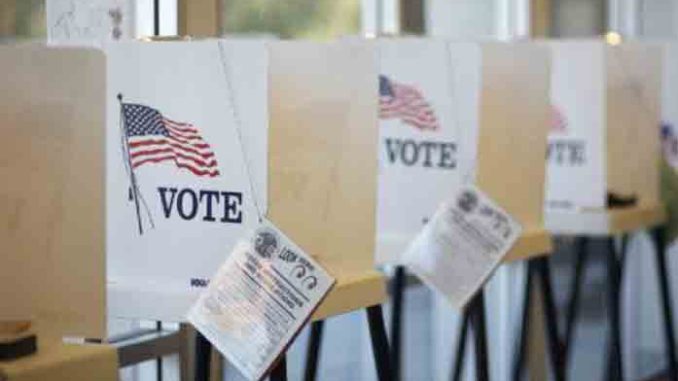
If House Bill 2780 is signed into law this session, it is likely that Arizonans would be able to easily view online a list of all eligible voters, a list of everyone who voted, and the cast vote record for the 2022 General Election. In addition, ballot images would also be viewable online under the legislation introduced by Rep. John Kavanagh.
The Senate Government Committee heard testimony Monday from Kavanaugh and others who support HB2780 as a vehicle to bring more transparency to the voting process by posting four types of election records online. One of those who spoke was Ken Bennett, a former Arizona Secretary of State and former state senator.
“If I’ve learned one thing, I learned that our elections need to be transparent, trackable, and publicly verified,” Bennett told committee. “That type of transparency I think will go a long way to reestablish confidence in our elections.”
Sen. Kelly Townsend, the committee chair, introduced an amendment to the version of Kavanagh’s bill that passed the House last month. Her amendment added assurances that specially protected voters will in fact have their personal information protected, and that the secrecy of who a specific voter voted for is protected.
Townsend’s amendment also described in detail the type of personally identifying information about voters which should not be made public as part of the election transparency effort, such as social security numbers, drivers’ license numbers, signatures, and email addresses.
Although HB2780 passed the committee as amended, the senators were advised by Bennett that additional changes will likely be necessary to secure the support of the Arizona Association of Counties (AAOC) and more of the county elections officials.
WATCH THE COMMITTEE:
https://www.youtube.com/watch?v=gXhS74kNgOk
According to Jen Marson, AAOC executive director, the main concern with HB2780 at this time involves the language for making ballot images public. She pointed to another pending bill about the release of ballot images -Senate Bill 1629- as having “preferred language” compared to how HB2780 is worded.
In addition, Marson noted there needs to be other minor tweaks, including language to protect election officials who would be required to post ballots which may contain written obscene comments.
There is also a need to ensure that electronic or digital ballot images are protected from unauthorized copying or transferring, and that all security measures are at least as protective as those for paper ballots, Marson said.
RELATED ARTICLE: Counting Ballots Early Leaves Room For Peeking
